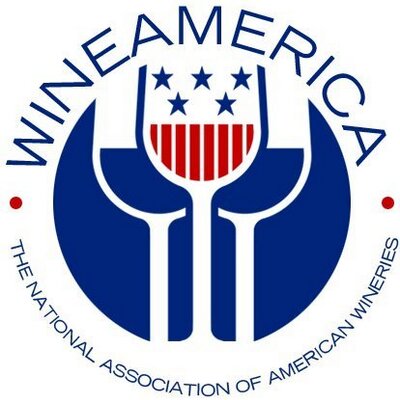Whether it’s a current hobby or a romantic fantasy – opening a winery or planting a vineyard in Maryland can be an exciting – and profitable – business opportunity.
In 2004, Maryland Governor Bob Ehrlich convened an exploratory task force to investigate ways of helping the state’s wine/grape industry. This group produced a 52-recommendation report outlining how the state, the wine/grape industry associations and the university can help grow Maryland’s industry.
REMEMBER: Wineries and vineyards are agriculture, pure and simple. Your hands will get dirty in this business, and it’s only through hard work and dedication that your winery/vineyard project will succeed. Both can be very costly to start, and even more costly to “fix” if you employ poor planning.
ADVICE: Talk with the industry groups, the University and current growers and winemakers to learn about the industry, its current challenges and needs. If you’re planting a vineyard – find out what grapes the wineries need most, BUT REMEMBER that your site will not sustain all varieties. If you’re starting a winery, conduct an initial market study to learn which wines are most widely marketable, and then which grapes are most readily available.
LEARN, LEARN, LEARN: We sponsor many courses and workshops to help prospective, new and experienced growers and wineries expand their knowledge. The Cultivate + Craft Academy offers A Craft Beverage Producer Startup webinar that walks you through the law, basic considerations and the federal, state and local licensing process. Additional courses are available that address specific vineyard and winery topics. Explore!
Facts You Need to Know to Start a Winery
- Wineries must be authorized by the TTB on the Federal level via a Wine Basic Permit, the Alcohol Tobacco & Cannabis Commission at the State level in the form of a Class 3 or Class 4 winery license, and be allowed to exist under the county’s zoning code. Talk with MWA prior to proceeding to ensure your zoning is correct.
- Maryland has two winery licenses: Class 3 and Class 4:
- The Class 4 license is considered to be the state’s “farm winery” license – and mandates that licensees use 50% Maryland-grown fruit, or have a minimum of 20 acres of grapevines.
- The Class 4 license allows a winery to sell wine it produces at retail to visitors.
- The Class 3 is designed to be a production facility only, and the law severely limits direct customer access to the wine.
The Process of Becoming a Licensed Winery
- Really, truly understand what it means to be a licensed winery. Talk with University experts, current wineries, growers and suppliers to get a feel for the time, energy and investment necessary for a successful operation.
- Join the Maryland Wineries Association as a Winery In-Planning – you’ll learn a lot by attending the meetings and getting to know the other wineries and state officials.
- Find a location and begin discussions with the local jurisdictions/zoning boards about your winery operation.
- Complete both the Federal and State winery applications.
- Once you receive your permits, you can make and sell your wine to the public, attend festivals, sell to retail stores and restaurants, and attend farmers’ markets.
Learn more about the industry by joining the Maryland Wineries Association.
Resources
- Winery Business Plans & Feasibility Studies includes several documents and Excel templates to help you plan out your business.
- Cornell Winery Business Plan Examples
